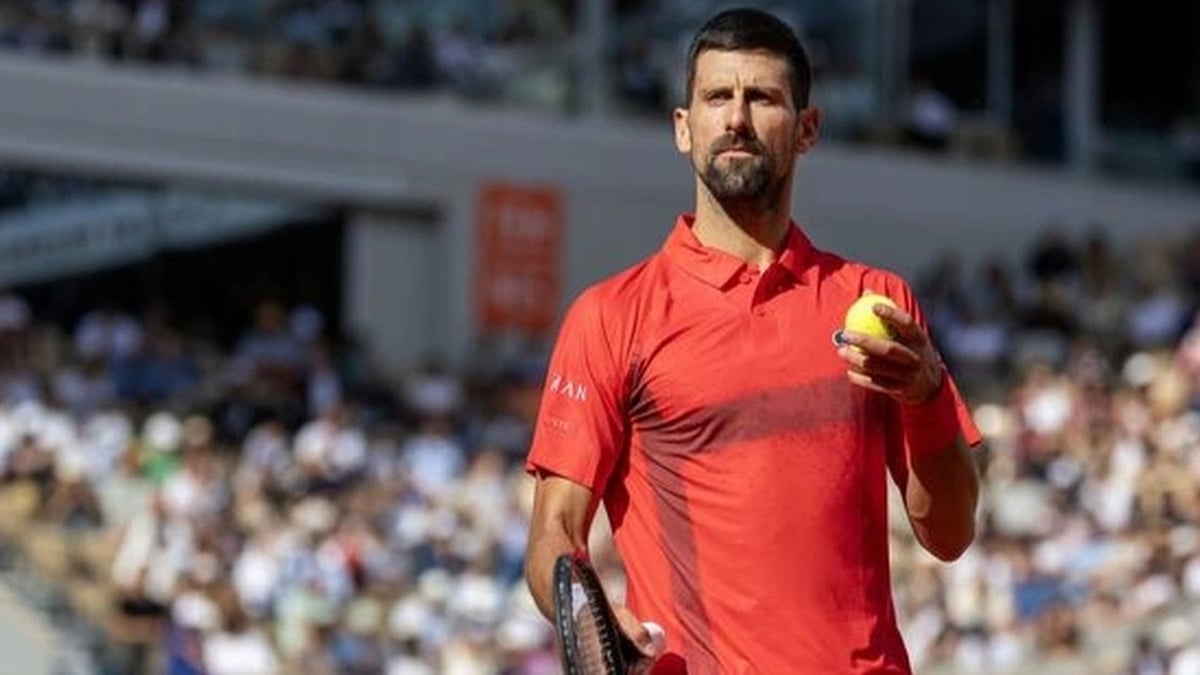 |
| The EU is considering using the proceeds from freezing Russian assets to support Ukraine. (Source: Shutterstock) |
"I have a strong view that Russia must pay a price for what it has done in Ukraine," Ms. Ursula von der Leyen emphasized.
Since Russia began its special military operation in Ukraine in February 2022, the European Union (EU) and its G7 partners have frozen about 300 billion euros ($328 billion) in assets of the Russian Central Bank.
With the World Bank estimating that Ukraine will need $411 billion to rebuild the country, European allies – which hold most of those assets – have sought to use the assets of Russian oligarchs and central banks to help Kiev.
"We need very solid legal instruments to be able to use Russian public assets for the reconstruction of Ukraine," the EC President said.
In a speech in London on June 21, Ms. Ursula von der Leyen also pointed out that the EU is considering the use of the interest earned from the above blockade.
Approximately 734 million euros in interest accrued in the first quarter of 2023 from the cash balance of frozen assets held at Euroclear, a Belgium-based financial services company.
However, "spending" the above amount of money will require complex legal tools.
Assessing this issue, the European Central Bank (ECB) warned that using interest earned from Moscow's frozen assets could turn countries away from the Euro.
The bank believes that international coordination will play an important role in mitigating risks.
According to Bloomberg news agency, the EU is considering legal obstacles to two options.
First , temporarily use the liquid assets of the Central Bank of Russia. In other words, invest the assets and transfer the proceeds to Ukraine.
Second , companies with Russian shares that could make large profits investing in these assets would be required to transfer some of the money back to the EU.
An unnamed EU diplomat also told the Financial Times that the EC was finalising proposals on the possibility of tapping frozen Russian assets, which are expected to be published later this month.
However, according to the Financial Times, many lawmakers in the bloc have pointed out that “there is no credible legal route to seize frozen assets or immovable property for the sole reason that they are subject to EU restrictive measures.”
In other words, the EU legal system only allows for the “freezing” of assets, not confiscation.
Source





























































































![[Infographic] In 2025, 47 products will achieve national OCOP](https://vphoto.vietnam.vn/thumb/402x226/vietnam/resource/IMAGE/2025/7/16/5d672398b0744db3ab920e05db8e5b7d)





Comment (0)